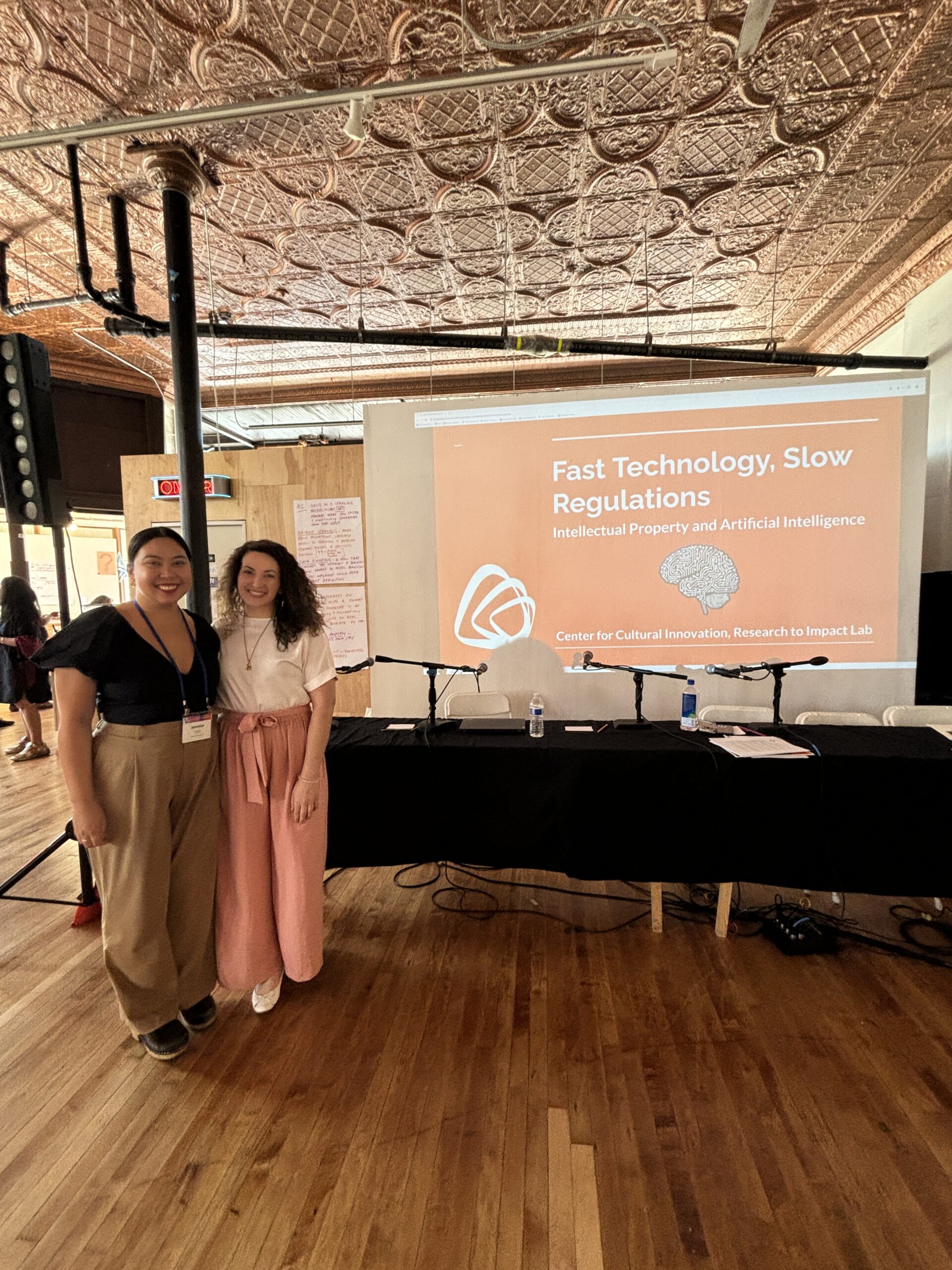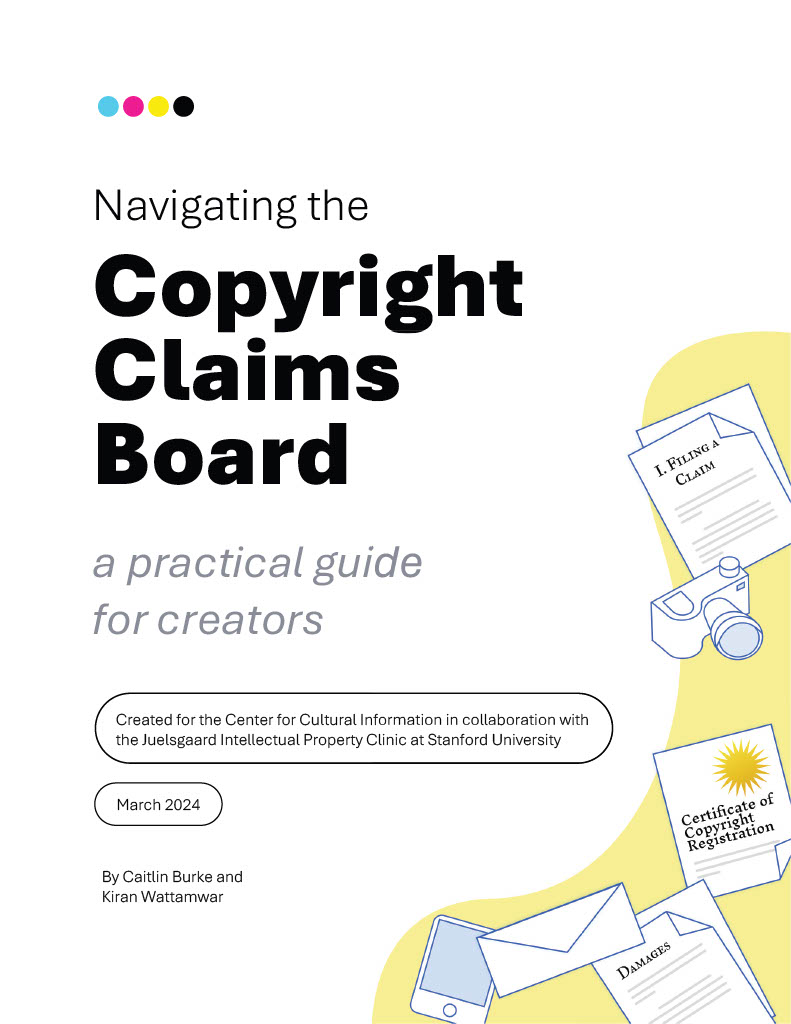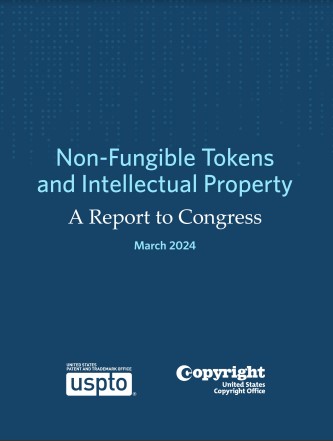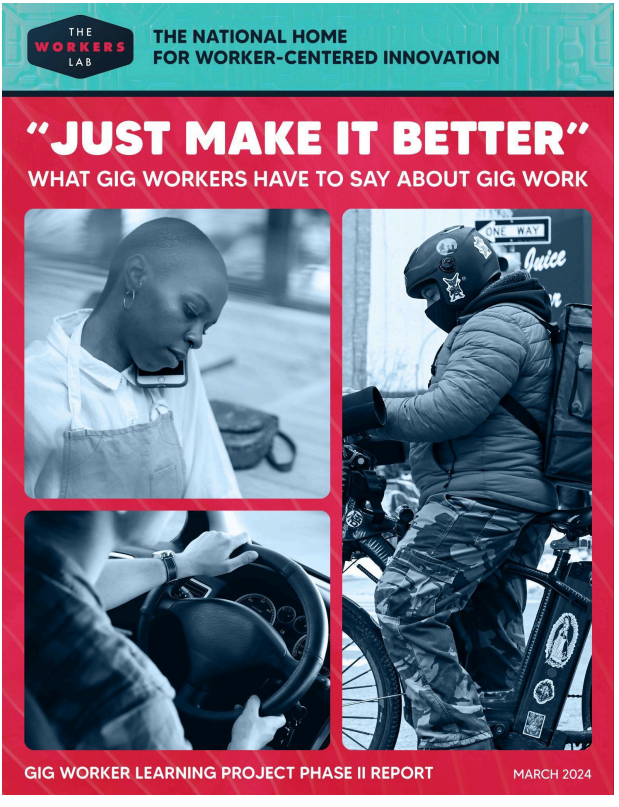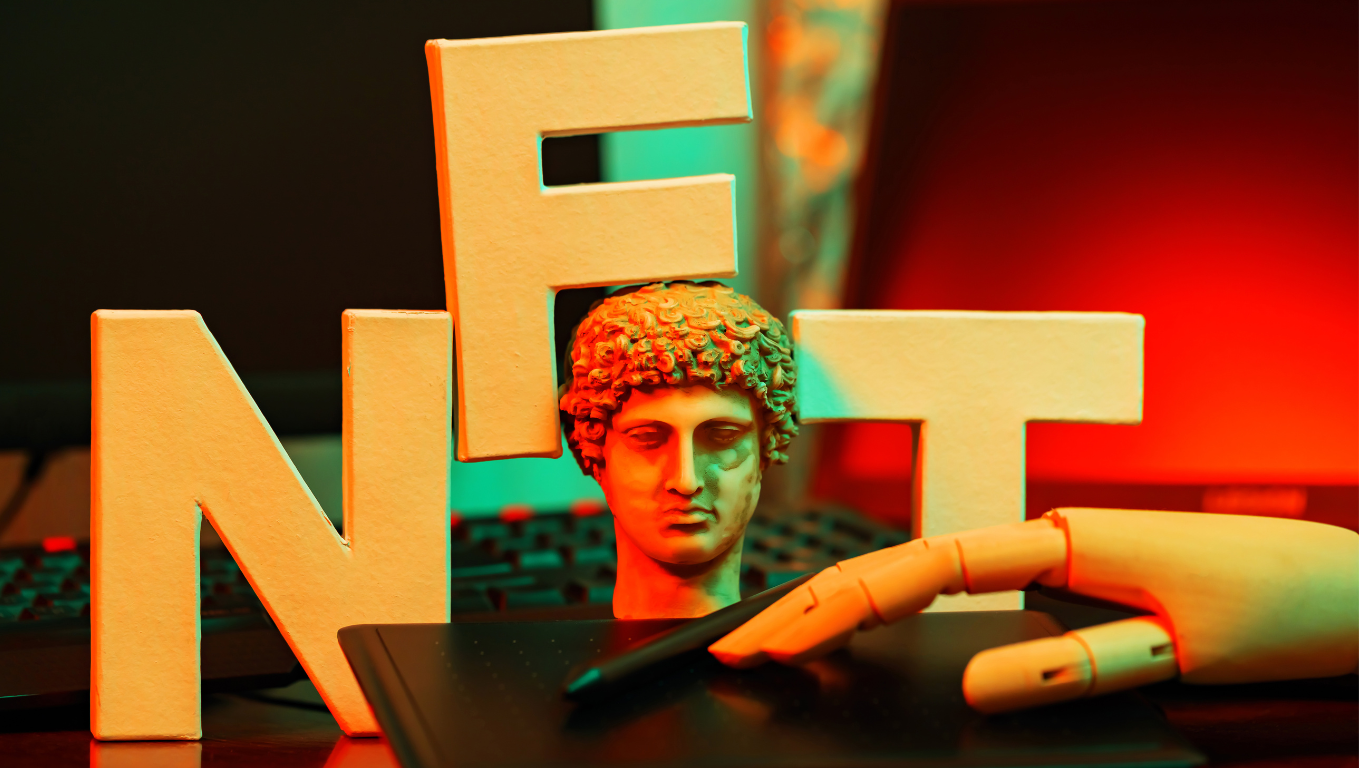Reenvisioning Retirement: A Spectrum of Interventions and Community Care
Why a Toolkit?
When we think about all of the ways we are invested in our communities, we often don’t think about our retirement savings. Yet, the total amount of retirement assets in the United States is about $44.1 trillion and accounts for 34% of all household assets. Of that, $12.4 trillion is currently invested in “defined contribution” plans—think your 401(k) or 403(b)—and $8.9 trillion in government “defined benefit” plans (i.e., public pensions). That is a lot of money! However, who gets to participate in our retirement systems, how decisions are made about our retirement money, and how that money is used before we retire is often complex, and frankly, hard to navigate in a way that is aligned with our values.
Traditional retirement funds often include funds from corporations that are harming vulnerable populations. Even funds that are supposed to be less harmful often still hold funds from corporations that have a negative impact on communities. So, what are the alternatives for someone who wants to align their retirement investments with values that center thriving communities and ecosystems? And what are some interventions to consider at the tactical, organizational, and worker level? This toolkit explores these questions along a spectrum of care.
Who is this Toolkit For?
This toolkit is meant to support individuals, organizations, foundations, policymakers, and values-aligned financial professionals in reenvisioning the retirement landscape.
Why Should We Care about Our Retirement Funds?
Our retirement savings make up a large percentage of the economic puzzle in the U.S., and there is tremendous potential to reenvision how we think about these resources:
Who gets to participate?
The amount of wealth held in traditional retirement savings systems is staggering—yet, not everyone has access to that wealth. Among the lowest third of earners who have retirement savings in the United States, white people have 345% more savings than their Black counterparts. Only 49% of Black women have retirement savings, compared to 62% of the overall population (this is inclusive of all assets, like a home). This disparity is due, in large part, to well-documented systemic inequities in wealth and income that have compounding effects in retirement. Disparities in worker pay, unemployment, access to benefits, intergenerational wealth, asset ownership, savings, and other factors over a lifetime affect if and how much a worker can save for retirement.
Who makes decisions?
Our retirement savings investments? are largely out of our hands. For the majority of those who do have retirement savings, that money is invested in either a defined contribution plan or a defined benefit plan. We might get to decide how much to contribute to this plan, and might even have the ability to pick certain pooled funds the plan is invested in, but that is where investor choice at traditional financial institutions begins and ends. For the curious investor, it can also be difficult to learn where these pooled funds are actually invested, and once you do, you may be surprised to learn what companies your retirement funds are supporting!
What is this Resource?
This guide offers some creative and unconventional ways that employers, workers, and values-aligned fund managers might leverage retirement savings to benefit communities. The toolkit explores how we might reenvision retirement along a spectrum of interventions and community care: from harm reduction to divesting from traditional financial structures altogether. We invite you to reenvision retirement investing as rooted in a model based on solidarity and community care by considering these interventions at the tactical, organizational, and worker levels:
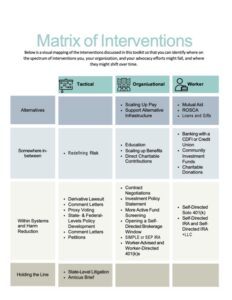
Next Steps: Resources and a Community of Practice
October 30th: Webinar “Putting Your Money Where Your Mission Is: Philanthropic Strategies for Divestment and Impact Investing” hosted by Grantmakers Concerned with Immigrants and Refugees. Register Here.
Download the Toolkit HERE
Learnings and Ethical Considerations: A Resource for Arts Funders on Artificial Intelligence
Learnings and Ethical Considerations: A Resource for Arts Funders on Artificial Intelligence
A helpful resource for funders interested in moving ethically in the Artificial Intelligence (AI) space
As Artificial Intelligence (“AI”) transforms various sectors, it is crucial to evaluate both the pros and cons of AI-integrated projects. As arts’ funders, it is our duty to safeguard human creativity, ownership rights, and data privacy for creators and cultural communities in grantmaking processes.
Research to Impact Lab staff designed a workshop for the 2024 Grantmakers in the Arts' Support for Individual Artists Preconference: The Future is AI? Equipping Artists for the Digital Renaissance.
The R2I Lab’s workshop, Fast Technology, Slow Regulations: Intellectual Property and Artificial Intelligence, featured a discussion on current AI regulations as well as the ethical and social implications amid rapid technology adoption and limited data protection measures.
The workshop featured tangible and immediate protections that funders can support to address artists' intellectual property concerns and offered strategic possibilities for funders interested in supporting more structural changes impacting individual artists and vulnerable communities.
The workshop finished with a hands-on activity where funders could practice intentional discovery and due diligence on a project involving AI technology.
This resource expands on the workshop content, providing a comprehensive list of due diligence questions and implementation strategies for arts funders evaluating AI-integrated project proposals.
Navigating the Copyright Claims Board: A Practical Guide for Creators
Navigating the Copyright Claims Board: A Practical Guide for Creators
A guide for creatives to better understand the Copyright Claims Board (CCB). This resource was created through a partnership between The Center for Cultural Innovation (CCI) and Stanford University's Juelsgaard Intellectual Property and Innovation Clinic (JIPIC)
Thank you so much for sharing your story! We will use these examples to shape our advocacy, research, and resources on this topic, and may reach out to you for more information, or to let you know about opportunities to advance social and economic protections for all.
Navigating the Copyright Claims Board: A Practical Guide for Creators would not have been possible without the support of the William & Flora Hewlett Foundation and the Kenneth Rainin Foundation
Non-Fungible Tokens and Intellectual Property: A Report to Congress
Non-Fungible Tokens and Intellectual Property
A Report to Congress
The United States Patent and Trademark Office and United States Copyright Office
United States Patent and Trademark Office (USPTO) is the federal agency for granting U.S. patents and registering trademarks. The U.S. Copyright Office promotes creativity and free expression by administering the nation’s copyright laws and by providing impartial, expert advice on copyright law and policy for the benefit of all.
NFTs provide both opportunities and challenges for creators. Learn more about both in this new report to Congress.
A Report to Congress prepared by the United States Patent and Trademark Office and United States Copyright Office about how intellectual property laws apply to NFTs and specific intellectual property-related challenges arising from the use of NFTs. Public comment gathered and prepared by CCI’s Advocacy program is cited (previously, Sol Center for Liberated Work).
Gig Worker Learning Project: Phase Two Report
Gig Worker Learning Project: Phase Two Report
"Just Make It Better." What Gig Workers Have to Say About Gig Work
The Gig Worker Learning Project is a valuable resource for anyone seeking to better understand gig workers and the challenges they face.
Supported by CCI, led by The Workers Lab, and developed in collaboration with the Aspen Institute Future of Work Initiative, “Just Make It Better. What Gig Workers Have to Say About Gig Work” is a unique new piece of research on “gig” work, co-authored by active gig workers as participant-researchers. The goal of this project is to better understand gig work and workers directly from gig workers themselves, regarding their motivations, challenges, and solutions that would impact their lives personally and professionally.
NFTs, Smart Contracts, & DAOs
NFTs, Smart Contracts, & DAOs
A Resource for Creatives
A report to help creatives capture the opportunities of blockchain technologies, while protecting themselves from legal risk
When we started seeing many BIPOC artists moving into the blockchain space several years ago, we started building our own expertise in this area.
That’s why we commissioned Alex Glancy at Gundzik Gundzik Heeger LLP to author this report exploring the legal challenges artists face on the blockchain.
To support creatives as they engage with this new technology, this report seeks to provide information in the legal areas of copyright, business entities, securities, contracts, and trademark, as applied to these emerging tools.
Ultimately, we hope this report serves as a resource to help creatives capture the opportunities of blockchain technologies, while protecting themselves from the risks.

